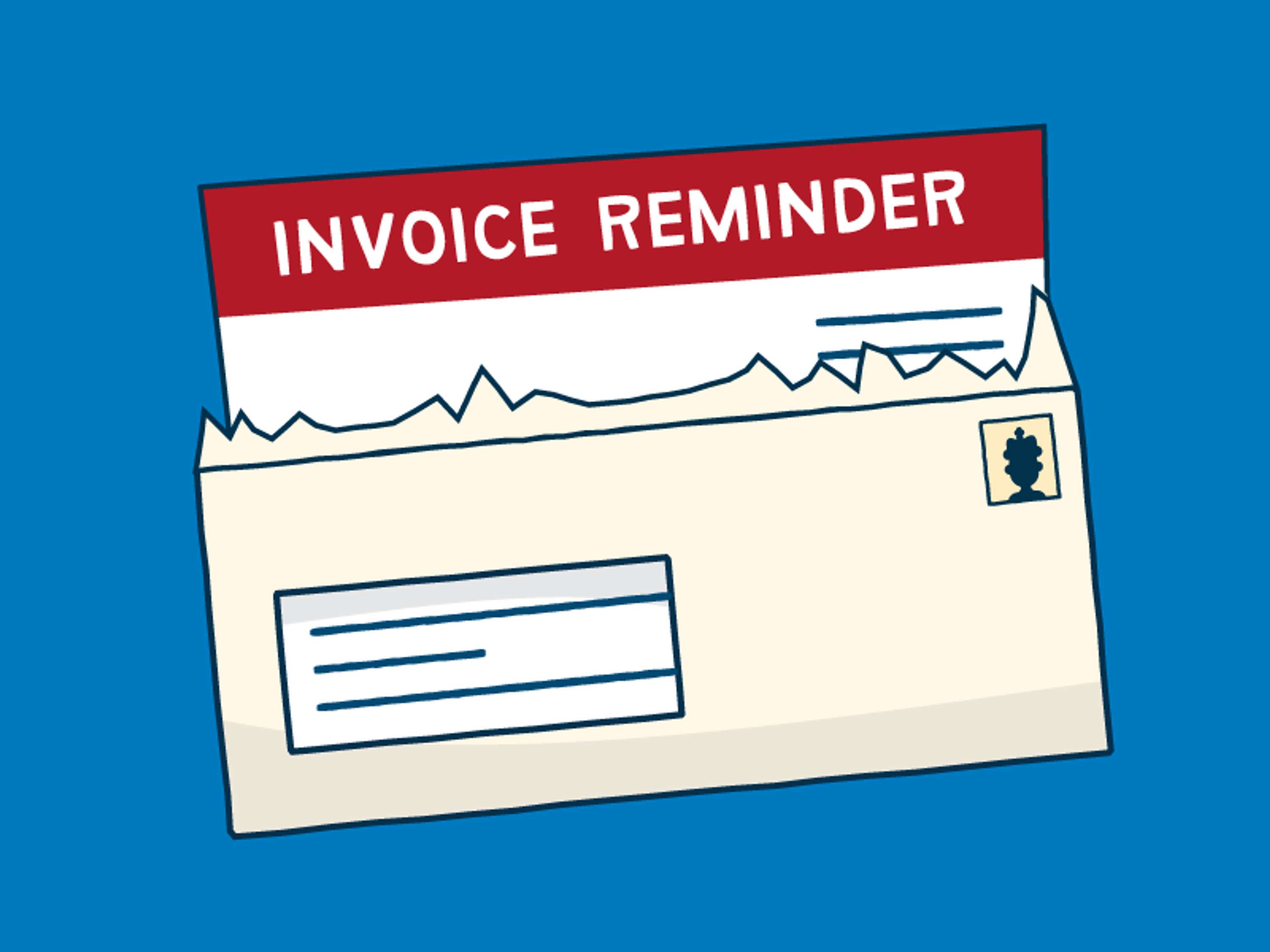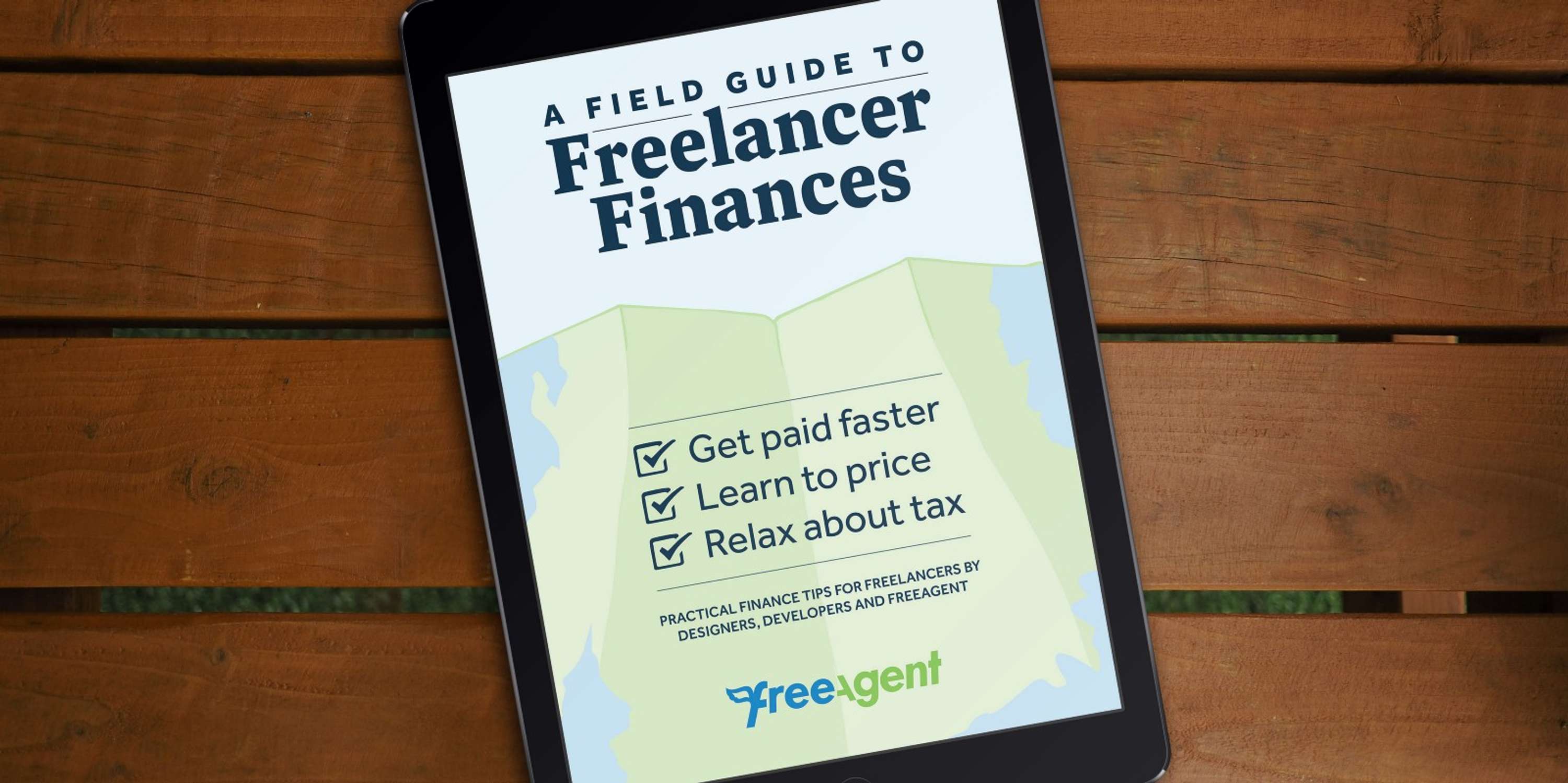Web professionals aren’t getting paid on time (or at all). The fight back against client excuses starts here…
If you’re a freelance web designer or developer, chances are that you’ve been paid late. At least, that’s what we found out when we surveyed UK web professionals last year — a staggering 97% of freelancers have had to deal with a late payer at one point or another.
It gets worse. We crunched some more numbers here at FreeAgent and estimate that UK micro-businesses have written off on average £1800 a year in unpaid invoices, which works out to £9bn that went unpaid to the smallest businesses last tax year. Yes, clients didn’t pay nine billion pounds to UK freelancers and the smallest businesses. Have you been on the receiving end of any of these gems?
“The site didn’t ‘pop’ enough!”
“I don’t have time to pay”
“We decided to change the strategy”
“It turned out we didn’t have the budget”
If so, you’re not alone. We’ve been asking freelancers to tell us their late payment stories, and everybody seems to have one — here are some of the common excuses we’ve heard and how to combat them:
“The cheque’s in the post!”
Ok, it’s probably unlikely that you’re being paid by cheque but the concept of “the money’s on its way, honest!” is universal. And if you find yourself being fobbed off repeatedly without ever receiving payment, you can be pretty certain that the client is stalling for time.
If the client says that they’ve paid but you haven’t received any cash, you could start by asking for confirmation directly from their finance department to prove your payment has been sent.
If you’re pretty sure no payment has been issued, some online accounting software (including FreeAgent) allow you to add a payment link to your invoice using services like GoCardless or PayPal. Your client can then just click to pay you online via their bank account or credit card — pretty much instantly. “We haven’t used the work yet”
Freelancers often hear “we decided to do the work in-house” or “we ended up cancelling the project” as an excuse not to pay. If a sneaky client tries to delay payment (or withhold it altogether) by claiming that they’re not using the work you did for them, then you need to challenge this, and fast. When you’re freelancing, your time is your credit — the longer you go without payment, the more and more credit you’re extending to your clients.
If your client’s plans change once the agreed work has been completed that’s unfortunate. However you’re completely entitled to be paid for the work that you did for the client, whether they use it or not.
To prevent situations like this, it’s really important to have a good contract in place before you begin work. Contracts should make it clear that the client is paying for your time and work product, not their ultimate use of the work.
You should both agree your expectations for the work in the contract (which should include the work you’ll do, how much it will cost, how long it’s likely to take and when you’re going to invoice for it) and then you’ll have something robust to rely on if clients make excuses.
“It’ll cost you more than it’s worth to take me to court”
Unfortunately, freelancers often don’t have a lot of power to chase unpaid money, and their clients usually know it.
You could hire a professional collection agency, or for smaller debts, pursue your client through a small-claims court, weighing up that it might take time and attention away from other work that actually pays. However, there’s always the chance that just the threat of court might encourage them to cough up.
Alternatively, you could cut your losses and write off the invoice, before putting that client on your blacklist forever and ever.
“Money is a little tight right now…”
Any business can go through unforeseen difficulties, so if a client hasn’t paid yet it may not mean that they’re not planning to pay at all — it might be that they’re facing short-term cash flow problems.
Even if you think the client can’t pay right now, it’s worth having the awkward conversation and picking up the phone to ask when they would be in a position to pay you.
If it is just a short-term issue with a good client, you could ensure you maintain an amicable relationship by offering an extension rather than enforcing late charges.
In future you can easily check a client’s creditworthiness using online services which provide access to credit scores for businesses. If you’re considering entering into a big contract, it’s really worth paying for a more in-depth report will make sure the client doesn’t have poor credit — if they have a less than perfect score you may want to still work for them but cover yourself by asking for a large deposit before starting work.
Fight back — it’s time to tackle those awkward conversations
So why aren’t freelancers making more of a noise about the widespread problem of late payment?
Money can be a sensitive topic and often freelancers worry that chasing payment is going to damage their relationships with their clients. One way to combat this fear is to have conversations about payment early and often with clients, and to make sure that they know exactly what they’re expected to pay and when.






